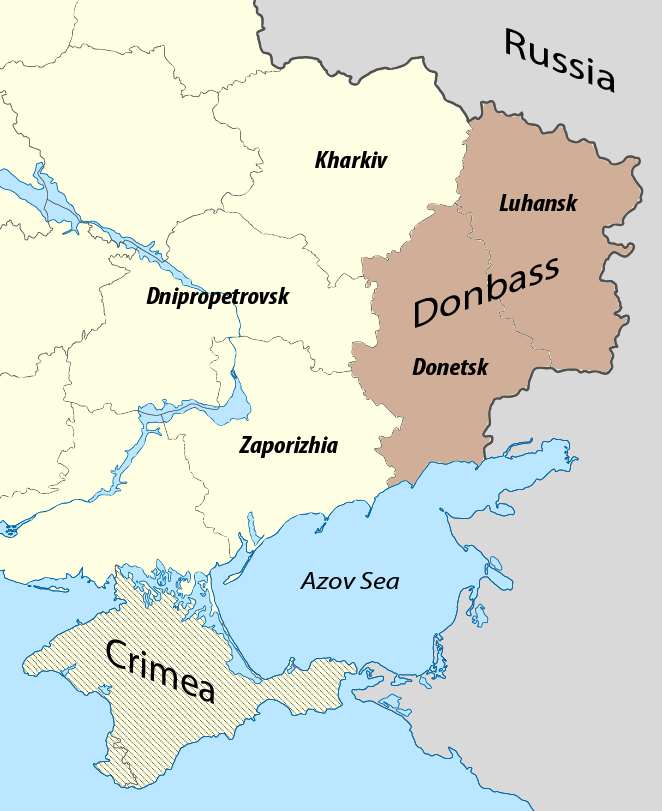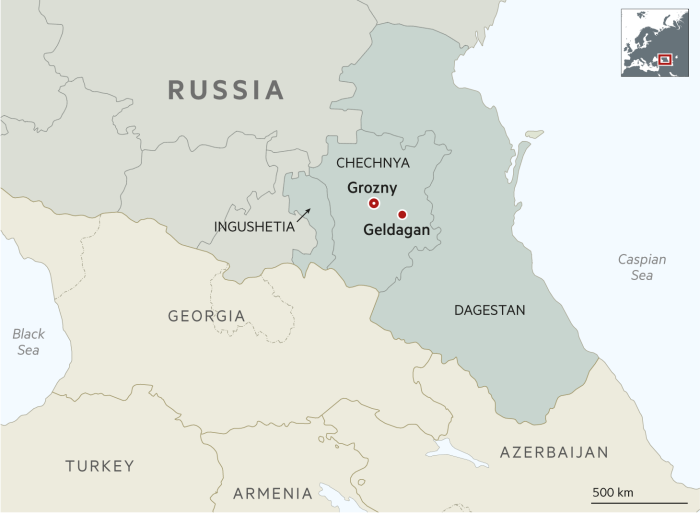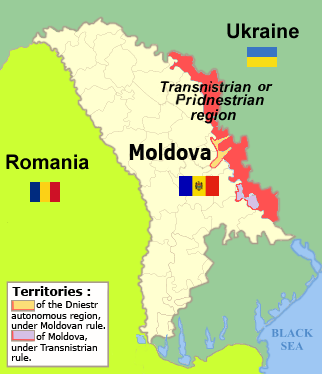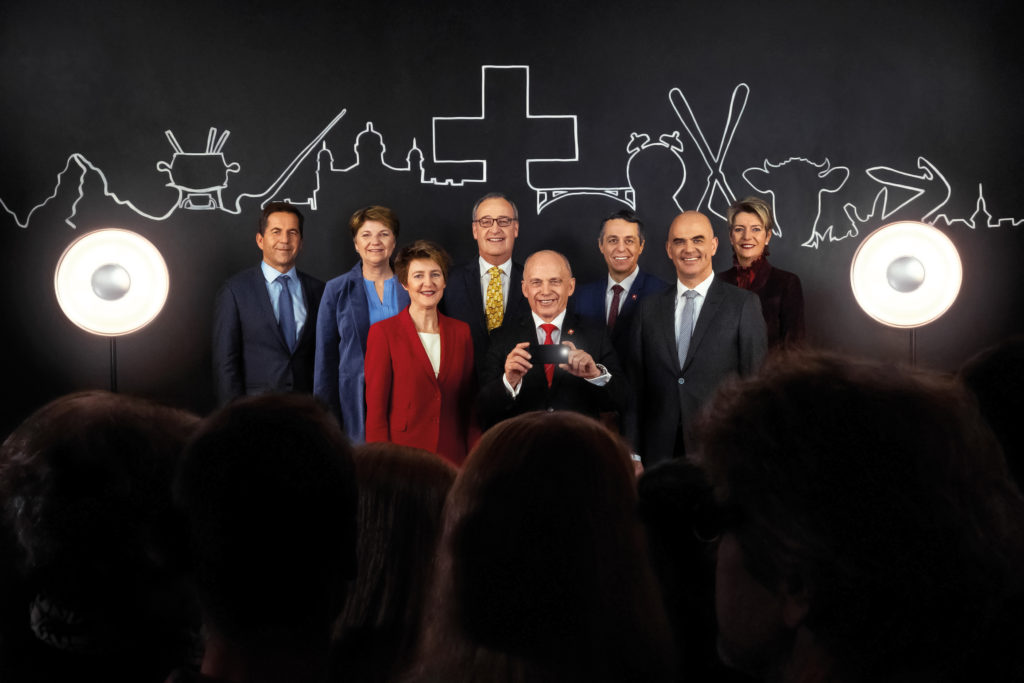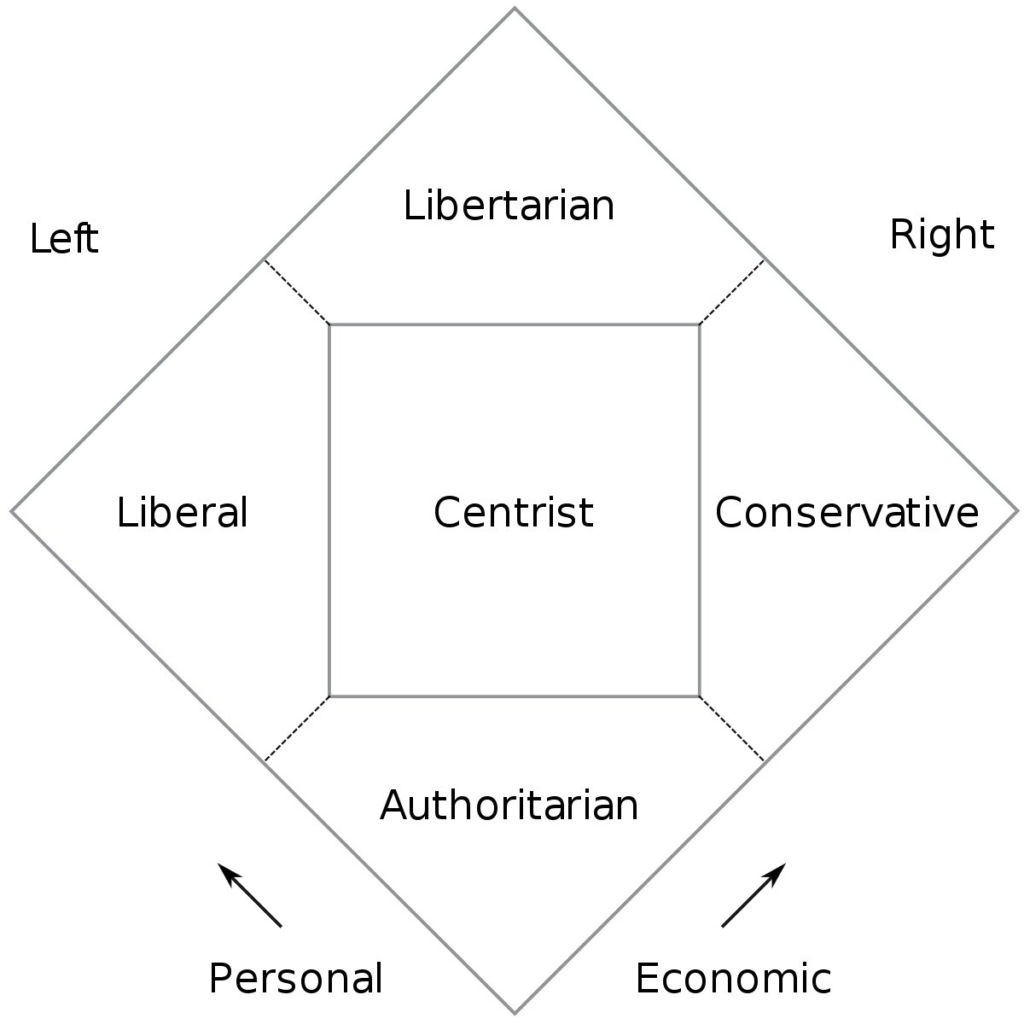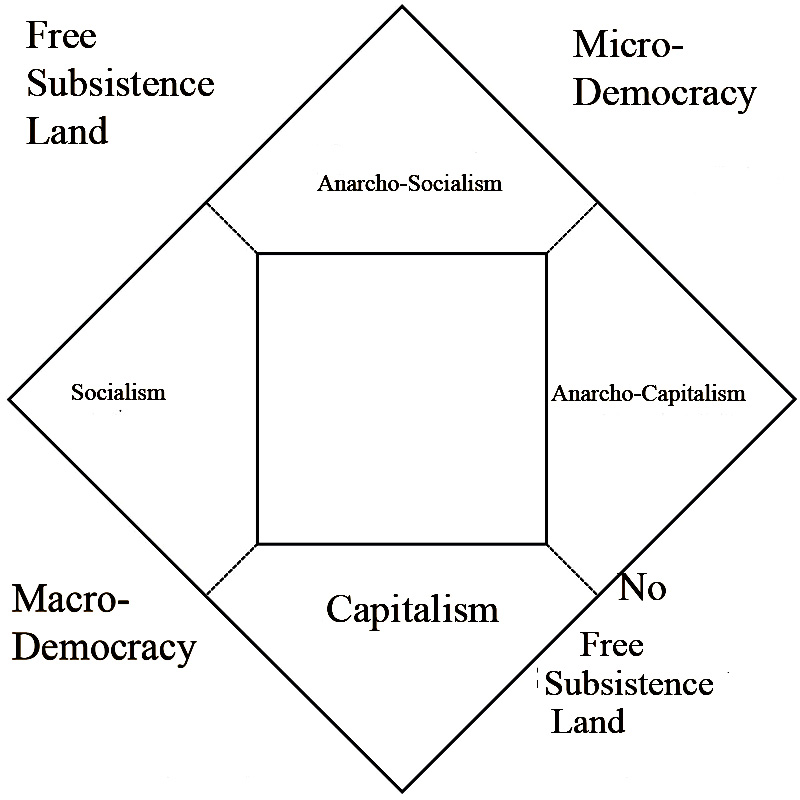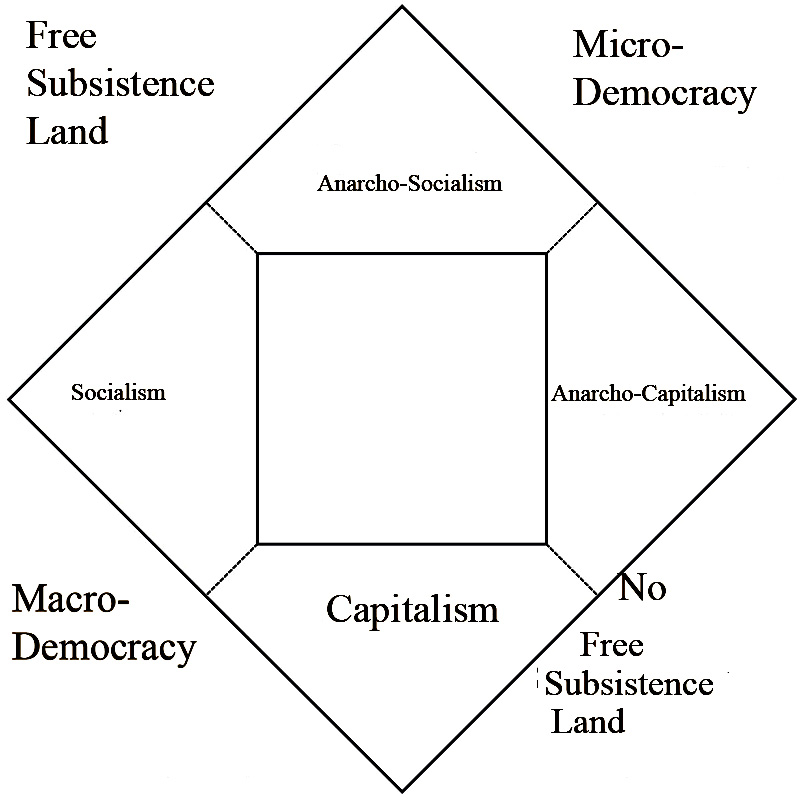
Commentary:
The crucial concept in this chart is “capitalism.” But for some inscrutable reason no living public figure seems to be able to define it. And the most popular self-proclaimed Marxist economist, Richard Wolff, too is stymied. Why? He tells us that there was slavery, then feudalism, now capitalism. And he tells us that slavery consisted of a master and slave; feudalism of a lord and serf; and capitalism of employer and employee. And his complaint or criticism is that the employer gets a profit by “exploiting” the employee.I find this description too superficial. For one because the employer-employee arrangement probably always existed at all times — though to a limited degree. For example, I live in a town-home association which employs all sorts of people for maintenance of the grounds. Ideally, the association will hire those who will work for the least amount of pay. Is the association “exploiting” anybody?
The evil which exists under capitalism is due to political laws which prohibits people for taking up subsistence land for free. As a result this creates proletarians or “free laborers.” They are called “free” because they are not bound to any specific employer, but they are bound to some employer or other, that is they must work for employer E(1) or E(2) or . . . E(n), or be self-employed by selling some service or other to people. In other words, they must enter the market-economy, and, in this sense, they are not free to live as indigenous people live in a self-sufficient manner.
Furthermore, this prohibition of taking up free subsistence land cannot occur with a small group such as is the case with indigenous people. It occurs in States with centralized government. Even it a country has democracy, it is invariably a mass or macro-democracy, which by its nature requires politicians to advertise. And advertising support comes from the rich, whose interest is to have proletarians: a reserve army of potential workers.
As the essence of capitalism is the barring of people from free subsistence land, the antithesis of capitalism is socialism — which in an ideal form — allows free access to subsistence land. But in lieu of this, what is called “socialism” is simply providing people with welfare: food, housing, medical care, education, and other social services.
Caveats: I find the concept of anarcho-capitalism — frankly — incoherent. The incoherence consists in wishing for everyone to have a homestead. But this would — by my lights — not be capitalism. But they think as long as there are free agreements between an employer and an employee, this is enough for capitalism to exist. No, free agreement is just barter, which existed at all times.
I am not against an employer-employee arrangements. All I am proposing is that every person have the alternative of free access to subsistence land. And under such circumstances, the employer-employee relation which Richard Wolff criticizes will turn into worker-owned enterprises which Richard Wolff desires.
Further Commentary:
Instead of trying to figure out what anarchism is through etymology of the term, the better approach is to determine something like the necessary and sufficient conditions which is given by some person who calls himself an anarchist. In other words, if that person uses that label on himself.
And let’s remember that it is pointless to argue about definitions. View this matter of definitions as a stipulation by an author of how he wishes to use the term; rather than as an attempt to provide a lexical (dictionary) definition.
I have tried to provide the necessary and sufficient conditions in my chart. So instead of going off on tangents, let us talk about my chart.
I have given two conditions for (my stipulated definition of anarchism. (1) Free access to subsistence land. (2) Micro-democracy.
Let me explain. By free access to subsistence land I mean nothing more than what hunter/gatherers had. Now, there is no such free access to land in States. Land is a commodify which must be bought, and which is subject to taxation by the State. Even temporary use of land is restricted by place and fee. (Except in the Scandinavian countries which have the a “‘right to roam,” as they call it.)
As to micro-democracy, the necessary condition for this is a small community (no greater than 150 families), federated with other communities, in nested councils, and supervised by elected councils.
Switzerland has a structure in some respects similar to this. It is federated, and it elects councils. But it also has macro-democratic features which are antithetical to my micro-democracy and necessary condition for anarchism. These macro-democratic features are: (1) Their local communities are larger than 150 families. (2) They have a bicameral parliament elected by macro-democracy. (3) They have macro-democratic referendums and initiatives.
I don’t have an intimate knowledge of Rojava, but from a superficial appearance, it seems to coincide with my requirements for an anarchistic society.
See also:

